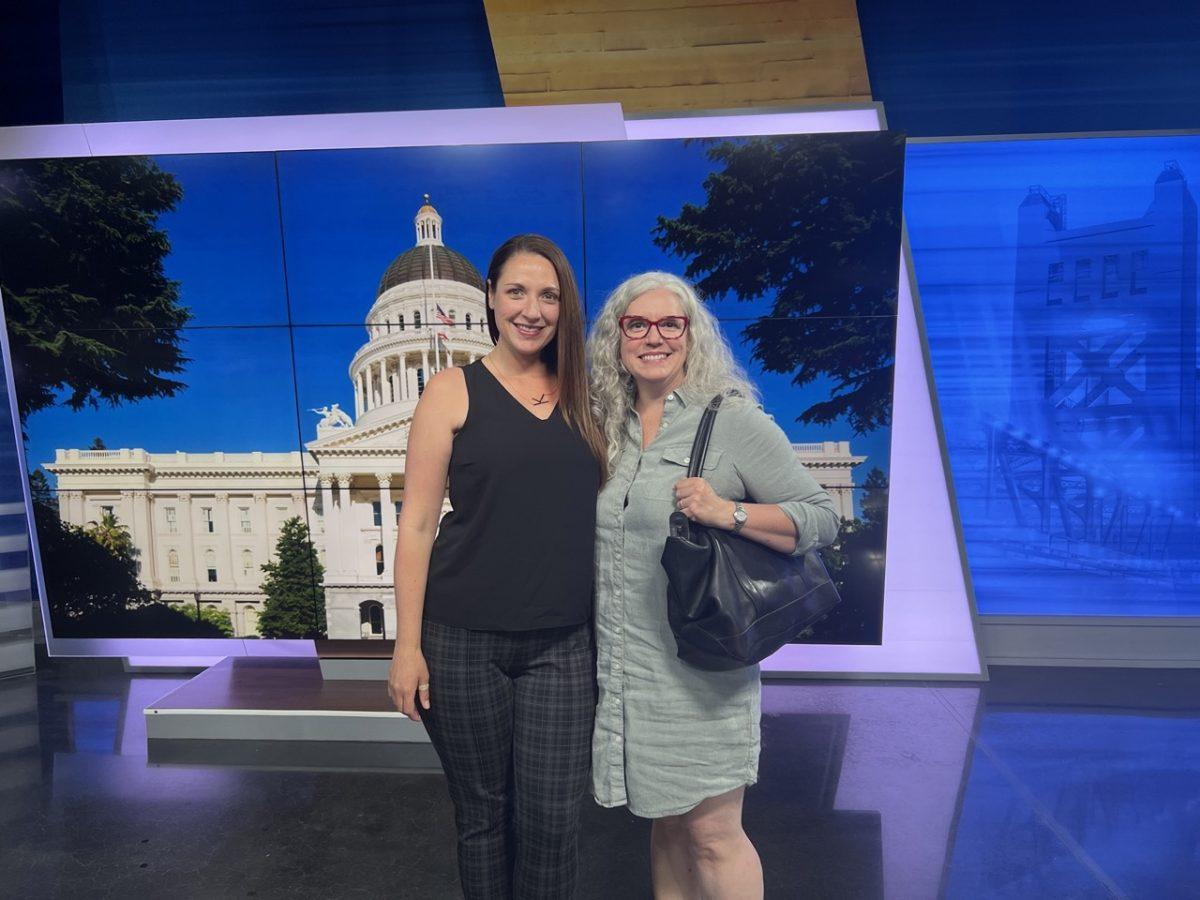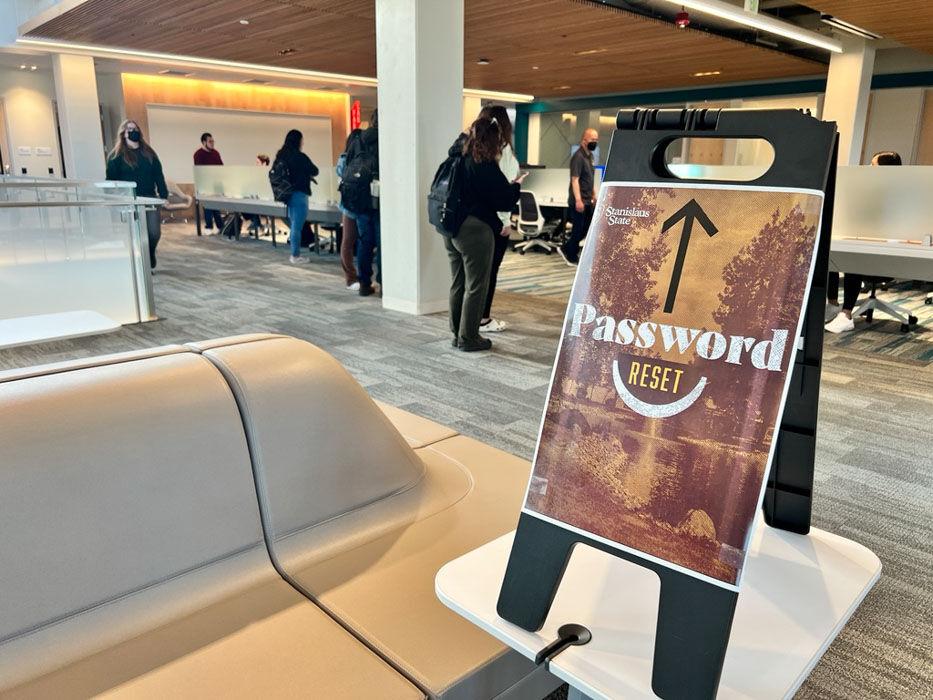What began as an argument that many people believed would quickly be put to rest has just been heard by the Supreme Court, forcing open a very large can of worms: Should corporations have the same rights as individuals?
I would love to say no, but the government’s actions said yes.
Like the fundamentals of a household, rules must apply to everyone in order to have any effect. But the first thing that came out with the Affordable Care Act (ACA) guidelines was a very long list of exemptions for those who don’t have to follow them.
Yet people were surprised when someone said, “If they don’t have to follow the rules, then why should I?”
That is, after all, exactly what the Green family, founders of Hobby Lobby, did.
“I know people will say we ought to follow the rules, that it’s the same for everybody. But that’s not true,” David Green, founder of Hobby Lobby, wrote in a column to USA Today.
“The government has exempted thousands of companies from this mandate, for reasons of convenience or cost. But it won’t exempt them for reasons of religious belief.
So, Hobby Lobby — and my family — are forced to make a choice.
With great reluctance, we filed a lawsuit today, represented by the Becket Fund for Religious Liberty, asking a federal court to stop this mandate before it hurts our business.”
The popular crafts store, Hobby Lobby, is fighting for exemption from the ACA on the grounds that the owners founded the corporation with Christian beliefs and operate their stores based on those beliefs, claiming this should qualify them to opt out of the plan.
There are many issues and scandals that have unfolded since the launch of this argument in 2012, including the government’s motivation behind mandating that all individuals have health care, whether birth control falls under the category of health care or life choices, who should be exempt from those mandates and how far those exemptions should go.
Truth be told, those last two are really where this entire issue began.
In the same article cited above, among those companies Green is referring to are Jack in the Box and McDonalds, who were granted waivers because they opted not to provide any benefits packages and simply pay the fine instead.
In an attempt to ensure that those employees would not continue to go uninsured, the Department of Health and Human Services yielded, opening the doors for other companies to push the envelope.
The list of exemptions, which can be found at healthcare.gov, is for the “individual responsibility payment.”
On this list, you are exempt if “you’re a member of a recognized health care sharing ministry” or if “you’re a member of a recognized religious sect with religious objections to insurance, including Social Security and Medicare.”
If the government had stuck to its guns and not made exceptions for other companies that threw a fit, the Supreme Court could dismiss this case simply by telling the Green family that, while they can individually hold their personal beliefs, their corporation is not an individual and has to follow the rules like everyone else.
But following the example already set, right or wrong, David Green is correct.
The government exempted thousands of companies for lesser reasons than this one, theirs was just the one that everyone had the hardest time believing.
“We don’t like to go running into court, but we no longer have a choice,” Green wrote.
“We believe people are more important than the bottom line and that honoring God is more important than turning a profit.”
Categories:
Hobby Lobby court case creates topic of discussion among students
By Melissa De Leon
•
April 13, 2014
0
Donate to Signal
Your donation will support the student journalists of California State University, Stanislaus. Your contribution will allow us to purchase equipment and cover our annual website hosting costs.
More to Discover






